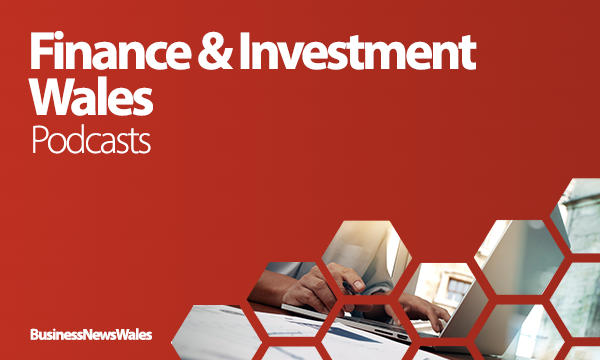Nearly half of employers who pay staff more than the minimum pension will consider reducing their contributions if the Chancellor introduces National Insurance (NI) taxation on employer pension payments.
The Association of British Insurers (ABI) and the Reward and Employee Benefits Association (REBA) – who conducted a poll of business decision makers – are warning the UK Government that this would mean millions of employees facing a poorer retirement as a result.
REBA, an organisation representing nearly 2,000 of Britain’s largest employers, surveyed their members about their likely reaction to a Budget announcement imposing NI on pension contributions made by employers.
At the moment, employers do not pay National Insurance on their pension contributions to their workers’ pensions, which incentivises them to provide for their employees’ long-term savings. But removing the tax relief on these contributions has been suggested as an option open to the Chancellor to help fill the black hole in government finances.
The survey found that the removal of employer NI relief could have long-term detrimental effects on workers’ pension savings. Three quarters of employers who answered the survey pay contributions greater than the auto-enrolment minimum. Nearly half (42%) of them would reduce these more generous contributions, and two thirds (63%) would be less likely to increase contributions in the future. Many would stick to the minimum required contribution in future. A reduction in investment in other areas of employee benefits, as well as reviewing their future approach, was also mentioned. Only 40% would try to retain current contribution levels despite the increased cost.
Even for those employers that don’t pay anything beyond the minimum, the taxation of pension contributions would still add to the overall cost of staff. The ABI and REBA also expressed concern that this potential change would reduce the positive impact that pensions have on growth, given that pension firms are some of the largest investors in the UK.
Yvonne Braun OBE, Director of Policy, Long-term Savings and Health & Protection at the ABI, said:
“We want to see money flowing into pensions to drive growth, and we also want employers to be incentivised to provide good pensions for their workers. These changes would have a negative impact on both. They would also mean lower retirement standards in the future at a time when we’re already not saving enough for the long term.”
Debi O’Donovan, Co-founder & Director, Reward & Employee Benefits Association, said:
“Employers are the bulwark of the pensions savings system in the UK. To date each government has wisely supported employers to take on this role by applying employers National Insurance contributions relief on employer pensions contributions. This research shows that removing this relief would change employers’ behaviours to be less generous in future, to the detriment of millions of workers.”
The employer poll represents views from a range of medium, large and very large employers representing approximately three million employees.

























